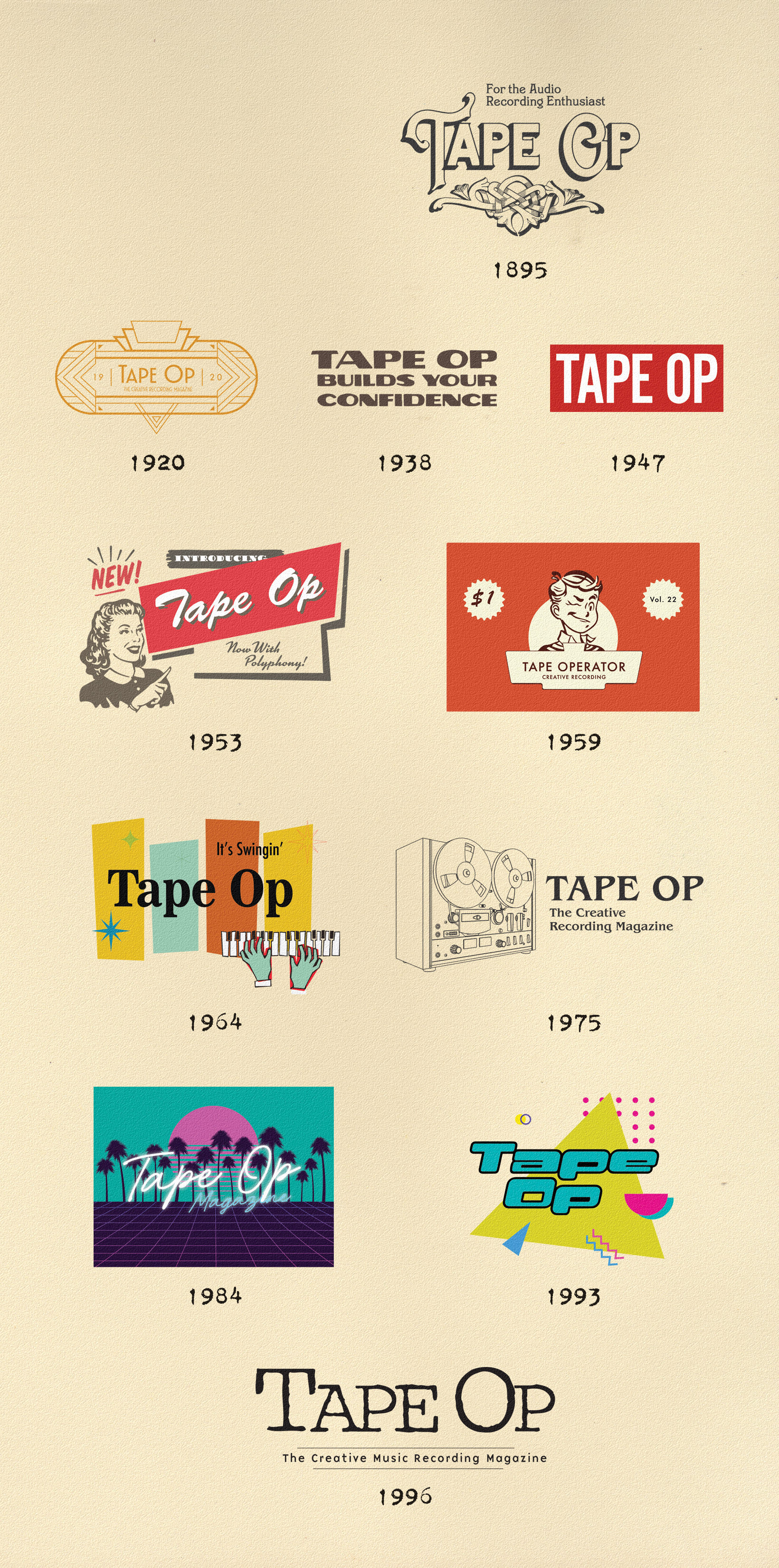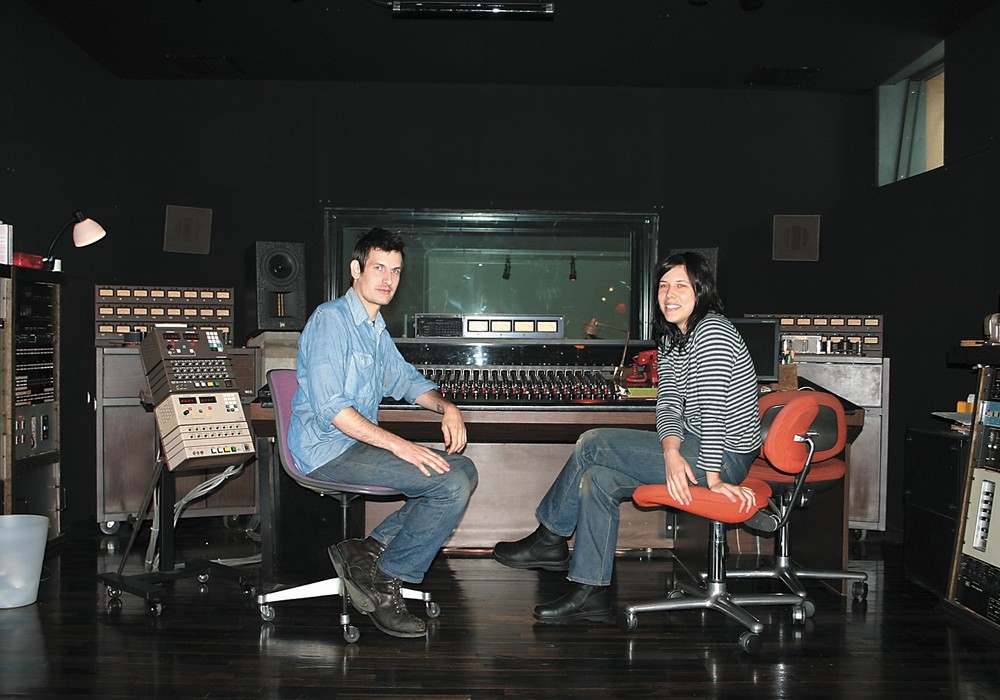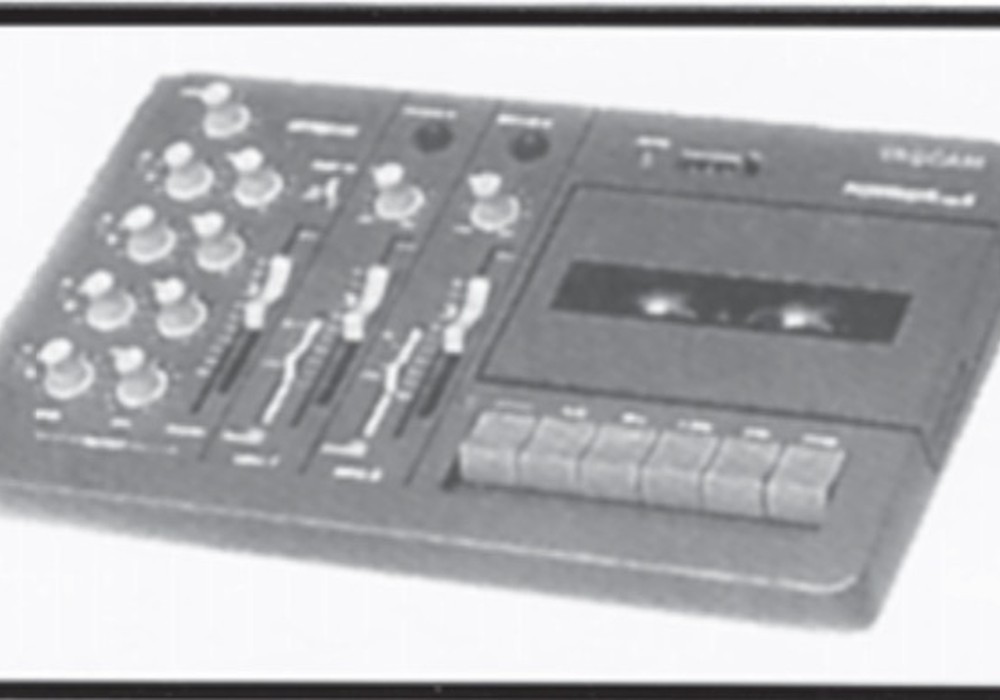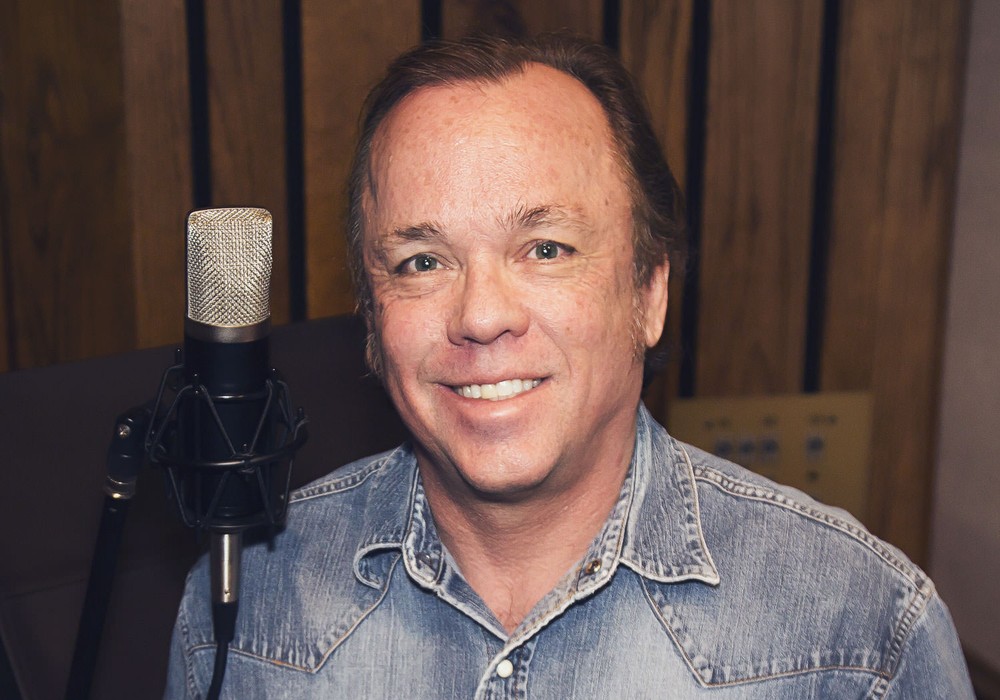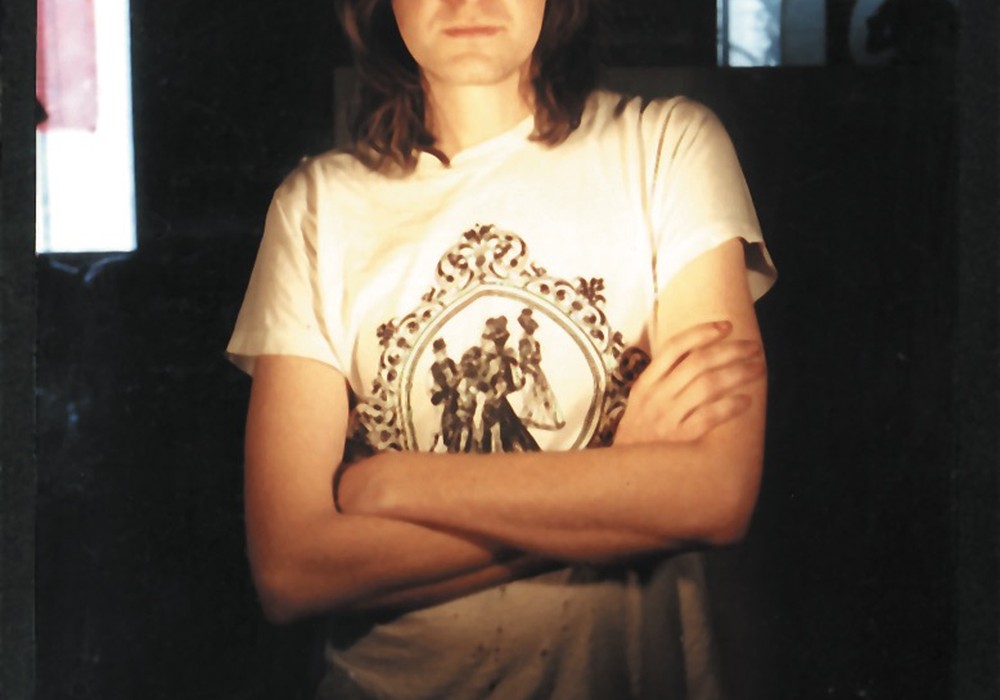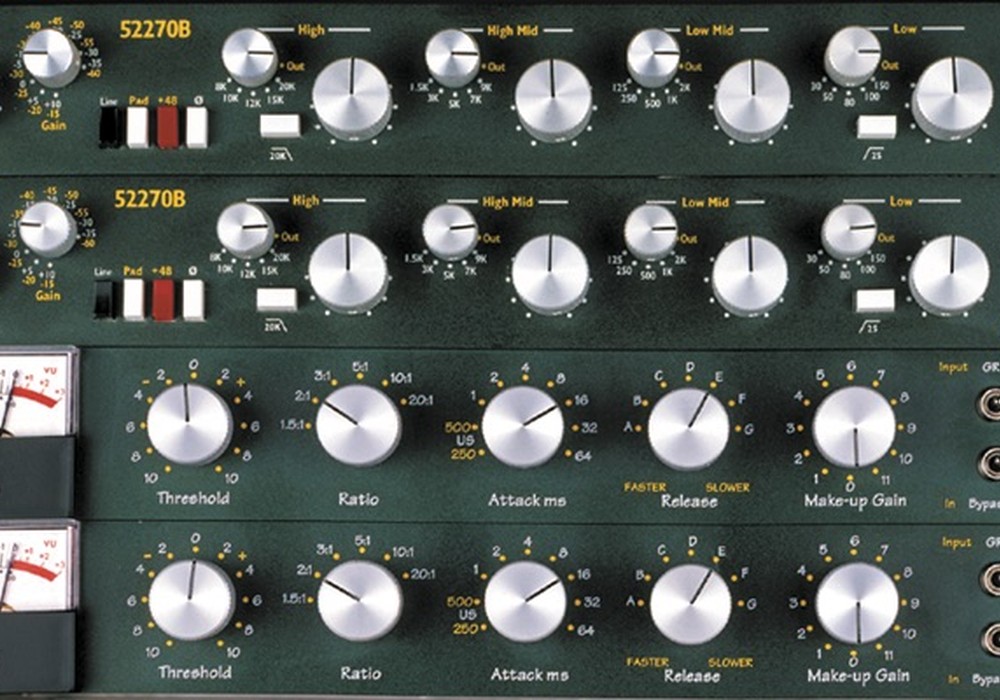What would be a typical framework for how you go about producing, from having met the artist to a finished record?
Normally, when I first meet the artist we spend some time together, and then if it seems like a good match after the first meeting, I like to spend a couple of days with them before we commit to anything for both of us, making sure that it seems like is going to be a good thing. Much of the work starts with the song, for me. When you get right down to the nuts and bolts, the song, the structure, what happens when, and is it as effective as it can be. . .
Is that what you do on those two days?
Sometimes. I find a little bit of editing with most people goes a long way, just in terms of certain sections of certain things going on too long, or something suffering in comparison to another sections that might be right next to it. It's very difficult thing to say to someone, "The chorus in this song is not strong enough. Go back and write a better chorus." There are ways to say that in which I think you help people do better, rather than telling them they're not any good. That's probably one of my downfalls as a producer — I never want to say, "That's no good." But structure in song and making sure that all of the parts of the song horizontally are flowing and interesting is really, really a big deal. Then it's usually instrumentation and arrangement, which is a giant thing. I think that the instrumental arrangement is as important as the song itself, just in terms of clarity. And if you want something to be unclear, then you have to be clear that you want it to be unclear [laughter]. A term that I use at NYU is: skillful execution though clarity of intent — and that means whatever you mean to be doing, just make sure it is really clear. If you mean to have your artist huddled in corner in a basement with a 57 wailing the anguished cosmic wail of the ages like Tom Waits, it just should be clear that that's what it is. Tom Waits is a great example, because to me, the next stage after the stuff I've been talking about is having a compelling performance, and by compelling I mean even if you don't like what the person does, it is still heavy and honest. That's what it really is about — it's honesty in getting to a really intense place that normal social interaction does not allow for. So the vocal has to be compelling. You can always make something in tune or in time. By the same token, if the singer can't sing in tune, or if they deliver their stuff where that's an issue, meaning that nothing else is compelling enough for you to say, "Ah you know what? The pitch issue is not important," then you shouldn't be there with them and they shouldn't be there with you. We should not have to construct wonderful things for our artists. James Taylor could make a great record on an answering machine. It's not about me being a big James Taylor fan or otherwise, but he happens to be a tremendous songwriter and a very compelling singer. He's a friendly singer. James Taylor is like a golden retriever — they're just the friendliest dogs in the world. It's interesting, his whole approach — he's not embarrassed about being really open and very friendly in the way he sings. It's not meant to be a diss — quite the contrary — no one else has the intensity of conviction to be able to pull that off that way.
Working with artists who have not done a record before, we know, is a different ball of wax. What kind of advice or thoughts do you have for working with people who have not gone through the process -and sometimes the painstaking process — of making a record?
Right, it's tough! If I meet someone who hasn't done this before early on, like six months before it is time to make a record, I often suggest they get a little digital four- or eight-track and get used to overdubbing on themselves in headphones-a giant issue! Because if they haven't done it — most people get so thrown off by it. So for singers, getting used to that, and what you do physically to get certain tonal, timbral and pitch things happening. It all depends on the artist or band. If it is a balls out angry band, then get them in a room and press record. And if they are not angry enough, do something that's going to piss one of them off! [laughter] There are times where I've had to run out on the floor and start jumping up and down in time to the song clenching my fists just so people understand "Come on guys, give it some oomph!" It's all dependent on the artists and how they approach things. It varies wildly. There's a lot of people who come to me with eight-track demos that they've been making for years. Well, they know the process, and at that point I am going to ask, "Well how do you usually work," and if it seems like it's working, I don't mess with it. On the other hand, some producers very, very skillfully try to work in a way so that the artist is not necessarily in his or her comfort zone, and they get amazing results. But to me, seeing what their experience level is and how you can best take advantage of that to their benefit is really important. I also tell artists that one of the benefits of me getting paid well is that I will work on something with an artist until they know it's the best they can do.
Do you have any examples of somebody who came to you with demos and they said, "Here's the stuff." What's your process in that situation?
Hard to say, but I will say two people who came to me with demos before their first record that were absolutely, terrifyingly, incredible: Me'shell and D'Angelo. They were scary because they were so intense. D'Angelo came with four-track cassettes of a lot of his stuff, and it was incredibly messy for me from a sonic standpoint, but otherwise it was like, "Wow!" And the passion and the feeling! And Me'shell's demos for her first record, there was some stuff that was absolutely ferocious
